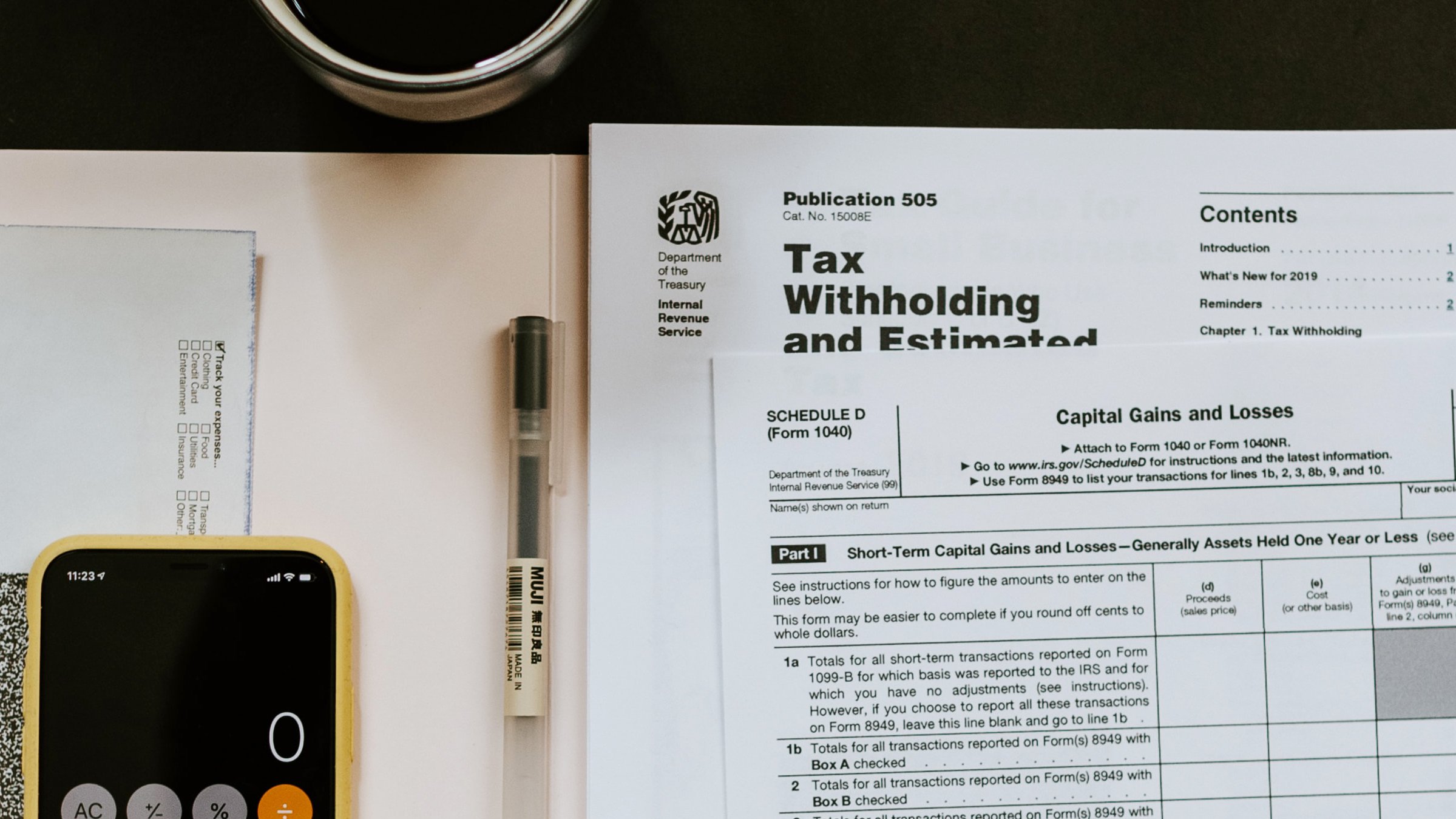Tax transparency, corruption and beneficial ownership: Global Tax Policy Center conference report

In their roles as Data and Technology Manager and Country Manager for Open Ownership, Stephen Abbott Pugh and Karabo Rajuili recently took part in a conference to share our latest beneficial ownership research. It was organised by the WU Global Tax Policy Center, part of the Institute of Austrian and International Tax Law.
Held in association with the World Bank Group, the United Nations Office on Drugs and Crime and the African Tax Institute, it was a well-attended virtual event offering support to reformers. It built on the momentum of African Anti-Corruption Day on 11 July, coming later that week, on 14 and 15 July 2021.
Background
African countries lose an estimated USD 89 billion per year through illicit financial flows - equivalent to 3.7% of the continent’s GDP - according to the United Nations Conference on Trade and Development. Recognising this threat, on 11 July 18 years ago, the African Union adopted the African Convention on Preventing and Combating Corruption (AUCPCC) in Maputo, Mozambique. Since 2017, countries across the region have marked 11 July as the annual African Anti-Corruption Day.
Open Ownership has been working since 2017 with governments and civil society across Africa to provide well-developed guidance on questions that arise throughout the beneficial ownership implementation journey. Open Ownership believes that accelerating the implementation of beneficial ownership transparency remains fundamental to tackling these financial losses, increasing tax transparency and fighting corruption across Africa.
The event
The aim of the July event was to showcase African perspectives on the new tools and technologies which enhance tax and financial transparency, or support inter-agency cooperation. One strand of the event focused on beneficial ownership.
The WU Center shared intelligence on effective implementation including the benefits of adopting a single data standard. During a session focused on lessons learned from implementing and verifying beneficial ownership information, attendees heard how Ghana’s Financial Intelligence Centre and the South Africa Revenue Service are using a range of methods including:
- improved data submission;
- use of sanctions;
- assessing beneficial ownership data against multiple external sources including social media posts.
Both organisations highlighted the challenges of harmonising beneficial ownership data between government agencies.
Open Ownership then presented its latest research on verification of beneficial ownership information. We also discussed the Beneficial Ownership Data Standard as a way of structuring data, in order to enable better data sharing across multiple organisations.
In light of South Africa’s work on open contracting, we shared the latest guidance on how our data standard and the Open Contracting Data Standard complement each other. Finally, we showcased our Bluetail prototype to demonstrate how three different sets of data can be combined: beneficial ownership data, open contracting data and data on politically exposed persons.
Follow up
Open Ownership is committed to providing technical expertise to support those implementing beneficial ownership reforms across Africa. If you would like to discuss technical assistance for your country, please contact: Karabo Rajuili via email on [email protected].